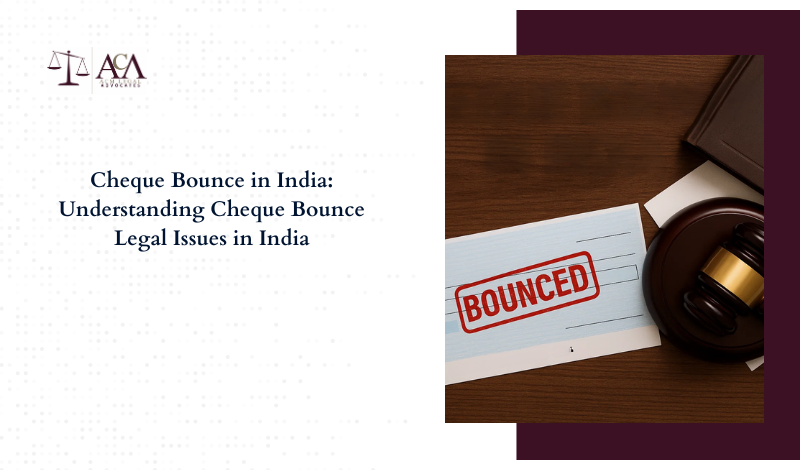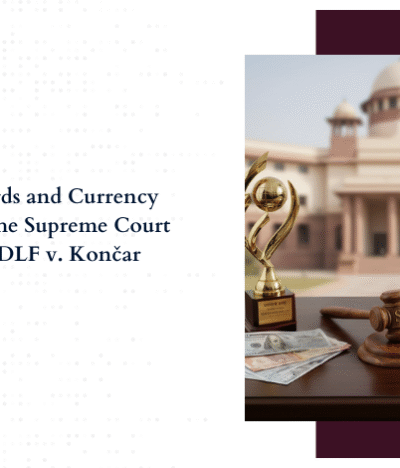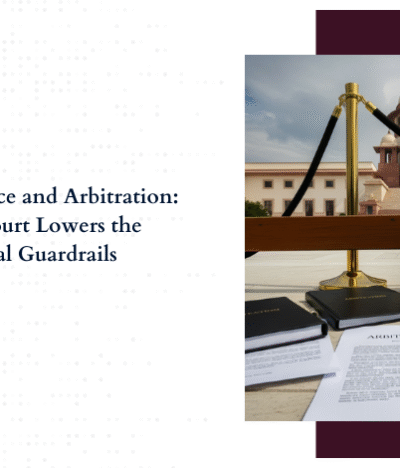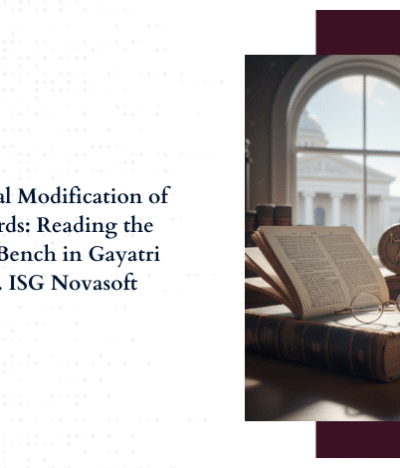Cheque bounce is a serious offence under Indian law, especially in commercial cities like Delhi where financial transactions rely heavily on trust and written instruments. This FAQ guide answers the most pressing legal questions about cheque dishonour—from mediation to joint account liability—based on current practices in Delhi courts.
Q1: What is the Role of Mediation in Cheque Bounce Disputes in Delhi Courts?
Mediation has become an integral part of dispute resolution in cheque bounce cases, particularly in Delhi courts. When a complaint under Section 138 of the Negotiable Instruments Act is filed, courts often refer the matter to mediation centres, especially if there appears to be a possibility of settlement.
The Delhi High Court, through its Mediation and Conciliation Centre, encourages amicable resolution to reduce the burden on the judicial system. In these sessions, both the drawer and the payee are guided by a trained mediator to explore feasible repayment terms, often leading to time-bound settlement agreements.
Unlike trial proceedings, mediation is confidential, voluntary, and non-adversarial. If the parties reach a settlement, it is recorded as a consent order by the magistrate. Failure to comply with this settlement can still be enforced through execution proceedings. Notably, mediation saves litigants the time and expense of prolonged criminal litigation, especially in cases where the core dispute is around delayed payments rather than fraudulent intent.
Mediation is not mandatory, but courts increasingly view it as a pragmatic first step—particularly in metropolitan courts like those in Delhi, where judicial dockets are heavily burdened. If a settlement is viable, mediation often results in a faster, more cost-effective resolution.
Q2: Can a Cheque Bounce Case Be Settled Out of Court in Delhi?
Yes, cheque bounce cases can be settled out of court, and courts in Delhi encourage this wherever possible. Even after the filing of a complaint under Section 138 of the Negotiable Instruments Act, the drawer and the payee can enter into a settlement at any stage—before trial, during trial, or even during an appeal.
An out-of-court settlement typically involves the accused agreeing to pay the dishonoured amount, possibly with interest or additional compensation. Once payment terms are mutually agreed upon, the complainant can file a compounding application under Section 147 of the NI Act, which permits the offence to be compounded with court permission.
Delhi courts require a written settlement agreement, often notarised or signed before the court. Upon verifying the terms, the magistrate may quash the proceedings if the complainant agrees, and the accused is usually discharged.
Importantly, even if the case has progressed beyond the summoning stage, the Delhi judiciary continues to favour compounding to promote judicial efficiency and fairness. However, if the accused defaults on the payment terms post-settlement, the complainant may initiate fresh proceedings, including civil execution or filing for breach of undertaking.
Out-of-court resolution is especially effective when parties wish to avoid the stigma of a criminal record and are inclined to preserve business relations.
Q3: How Is a Cheque Bounce Decree Enforced in Delhi Courts?
Once a cheque bounce case culminates in a conviction or a settlement decree, enforcement becomes the next critical step. In Delhi, execution of such a decree depends on whether the matter was resolved through conviction under Section 138 of the Negotiable Instruments Act or a consent decree following settlement.
If the drawer is convicted, the court typically imposes a sentence of imprisonment (up to two years), a fine (up to twice the cheque amount), or both. If compensation is awarded under Section 357(3) of the Code of Criminal Procedure, and the drawer fails to pay, the complainant can initiate execution proceedings under Section 431 CrPC.
In the case of a settlement or mediation agreement recorded by the court, it can be enforced as a civil decree. The complainant must file execution proceedings before the appropriate civil court in Delhi under Order XXI of the Code of Civil Procedure. Remedies include attachment of the judgment-debtor’s movable or immovable property, garnishee orders against bank accounts, or even arrest and detention in civil prison under certain conditions.
Delhi courts take cheque bounce decrees seriously, especially after judicial emphasis on speedy recovery in commercial disputes. However, procedural compliance—filing proper affidavits, execution petitions, and supplying accurate details of the judgment debtor—is key to effective enforcement.
Q4: Can a Cheque Bounce Case Be Filed Against Joint Account Holders?
Filing a cheque bounce case against joint account holders involves a nuanced interpretation of the law. Under Section 138 of the Negotiable Instruments Act, liability arises only against the person who has actually signed and issued the dishonoured cheque. Merely being a joint account holder does not make an individual automatically liable.
The Supreme Court of India, in Aparna A. Shah v. Sheth Developers (2013), clarified that only the signatory of the cheque can be prosecuted under Section 138. Therefore, in a joint account scenario, if only one partner or holder signs the cheque, the other account holder cannot be held criminally responsible unless they too are signatories.
However, complications arise when the cheque is issued on behalf of a firm or business. In such cases, Section 141 of the NI Act may apply, which holds partners or directors vicariously liable, provided they were in charge of and responsible for the conduct of business at the time of issuance.
In Delhi courts, complainants are expected to verify who signed the cheque before initiating proceedings. Wrongly implicating a non-signatory joint holder may lead to dismissal of charges and even countersuits for malicious prosecution.
Hence, when dealing with joint accounts, legal precision is vital. Only the drawer—the person whose signature appears on the cheque—can be made an accused under the cheque bounce provisions.
Q5: How Do Courts in Delhi View Cheque Bounce Cases Arising from Loan Repayment Disputes?
Delhi courts adopt a strict but pragmatic approach in cheque bounce cases involving loan repayment disputes. When a borrower issues a cheque towards discharging a legally enforceable debt—such as a personal or business loan—and that cheque is dishonoured, the lender has a clear right to file a complaint under Section 138 of the Negotiable Instruments Act.
The key requirement is that the cheque must have been issued in discharge of a debt or liability. Courts scrutinise whether there is prima facie evidence of a loan—such as a loan agreement, bank transfers, promissory notes, or acknowledgment of debt. The presumption under Section 139 of the NI Act is that the cheque was issued against a valid debt, and the burden is on the accused to rebut this presumption.
In several judgments, including Rangappa v. Sri Mohan, the Supreme Court has affirmed that the presumption in favour of the complainant is strong and not easily displaced. Delhi magistrates often rely on this presumption when the accused claims the loan was repaid in cash or that the cheque was issued merely as security.
Courts are also wary of fabricated loan claims and may dismiss complaints where no credible documentation or transaction trail exists. Nonetheless, if the loan is genuine and the cheque was dishonoured, courts treat it as a serious offence and proceed with prosecution, unless the matter is compounded.
Loan-related cheque bounce cases are common in Delhi’s commercial litigation landscape, and courts treat them with the seriousness required to uphold financial discipline.
Need Legal Help for a Cheque Bounce Case in Delhi?
Whether you’re a lender, business owner, or wrongfully accused, navigating a cheque bounce case in Delhi requires timely legal action and strategic advice. At ACM Legal, we are specialised and experienced in Negotiable Instruments Act litigation, mediation, and cheque enforcement proceedings.






